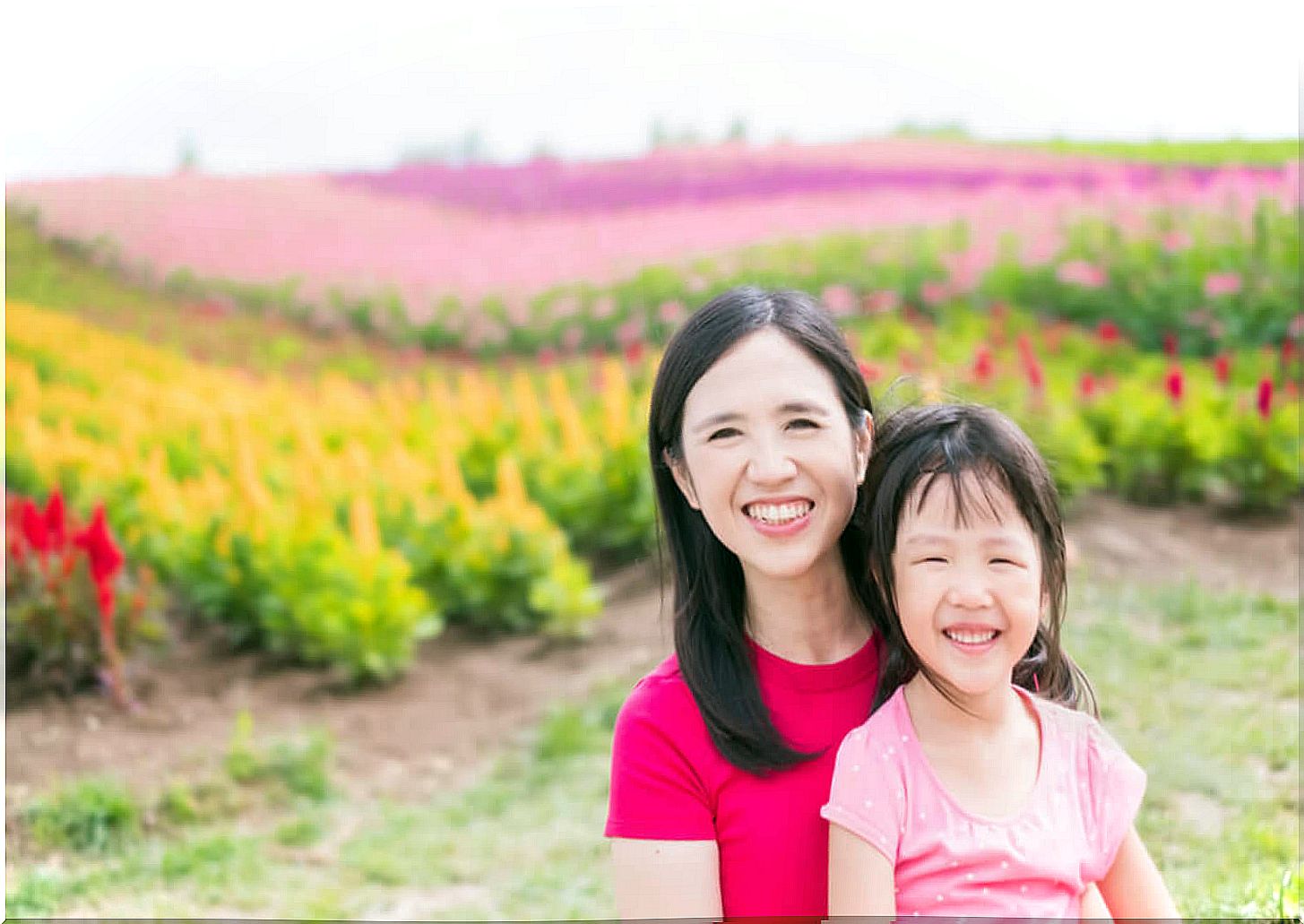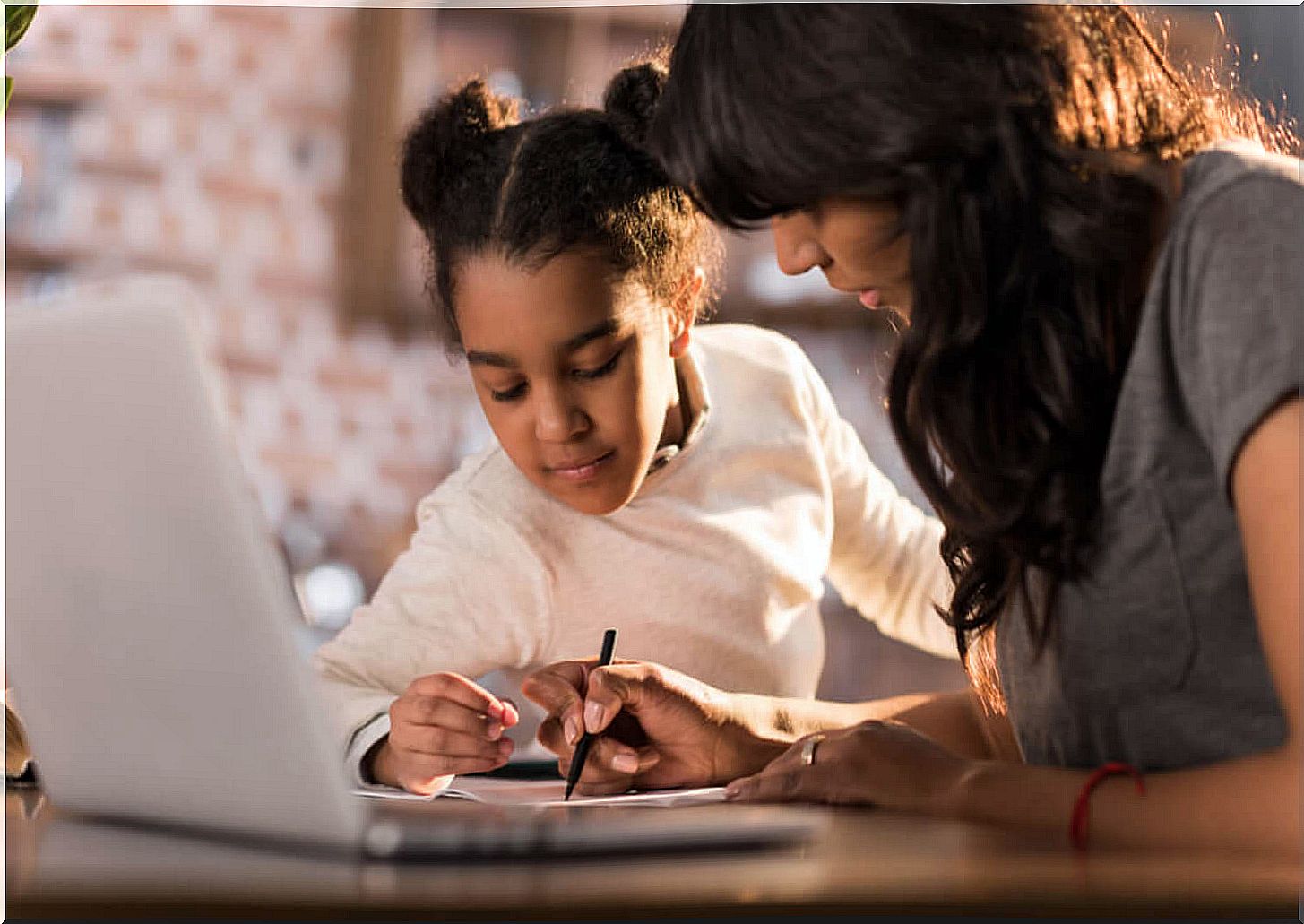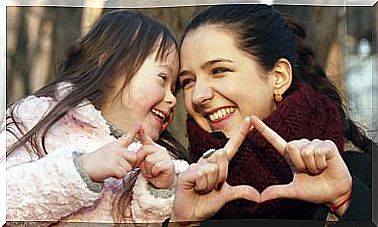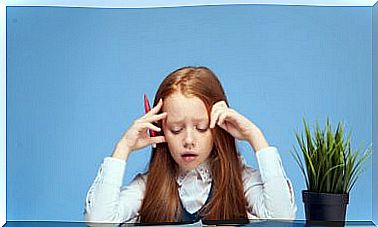6 Chinese Proverbs About Early Childhood Education

Chinese proverbs are tips and teachings that invite you to reflect deeply on important aspects of life. These messages full of wisdom have been transmitted from generation to generation up to the present day and are still considered, today, totally valid and useful.
Do you want to know what some of these proverbs say about early childhood education? Pay attention to this article!
6 Chinese proverbs about childhood education

1. “Give me a fish and I’ll have dinner tonight , teach me to fish and I’ll always have dinner”
This inspiring phrase tries to convey the idea that children must be prepared to be autonomous and independent, so that they can fend for themselves in life.
Teaching is not about giving everything done, but about giving the tools that are required to reach the objective in question without the need for permanent help.
2. “If you plan for a year, plant rice. If you do it for two decades, plant trees. If you do them for life, educate a person “
This proverb means that educating another human being is the most important and enriching plan that can be had in this life, because, one day, that child that one educates will grow and become an adult capable of contributing good things to life. society.
3. “What I hear, I forget; what I see, I remember; what I do, I learn ”.
In this Chinese proverb a wise message is transmitted, and that is that doing things is the best way to learn. Through practice, children learn more and better. Therefore, it is necessary to instill in them an education in which they are the main protagonists of their own learning and show an active attitude towards the acquisition of new knowledge and skills.
4. “The teachers open the door, but you must enter by yourself”
Teachers, parents or other members of the immediate family are usually the main references in the education of minors. But this does not mean that, necessarily, children learn everything they can from these people, since it is they themselves who must show interest, motivation and a predisposed attitude to learn, something that no one can do for them.
5. ” Learning is a treasure that follows its owner throughout his life”
Learnings that are acquired in a meaningful way are never forgotten. That is why it is so important to invest in early education, so that the little ones, from the first years, are surrounded by experiences and useful learning for their integral development throughout life.

6. “If the student does not surpass the teacher, neither is the student good, nor is the teacher good”
What does this mean? That children have to be educated with the intention that they are better than their predecessors. The idea is to create a better future society and, for that, the new generations have to outperform the previous ones in different aspects of life. In fact, this should be the main objective of mothers, fathers, teachers, etc.
Education and proverbs
Like any culture, the Chinese have a collection of phrases and sayings that aim to help them face life in an intelligent and sensible way.
As you have seen, Chinese proverbs explain, in a simple way, with a close language and using few words, very complex and relevant topics for day to day. This is what makes such proverbs so striking and interesting.
The ones we have shown in this article are just a few examples, but there are many other Chinese proverbs that deal with early childhood education. We invite you to search for more on your own!










